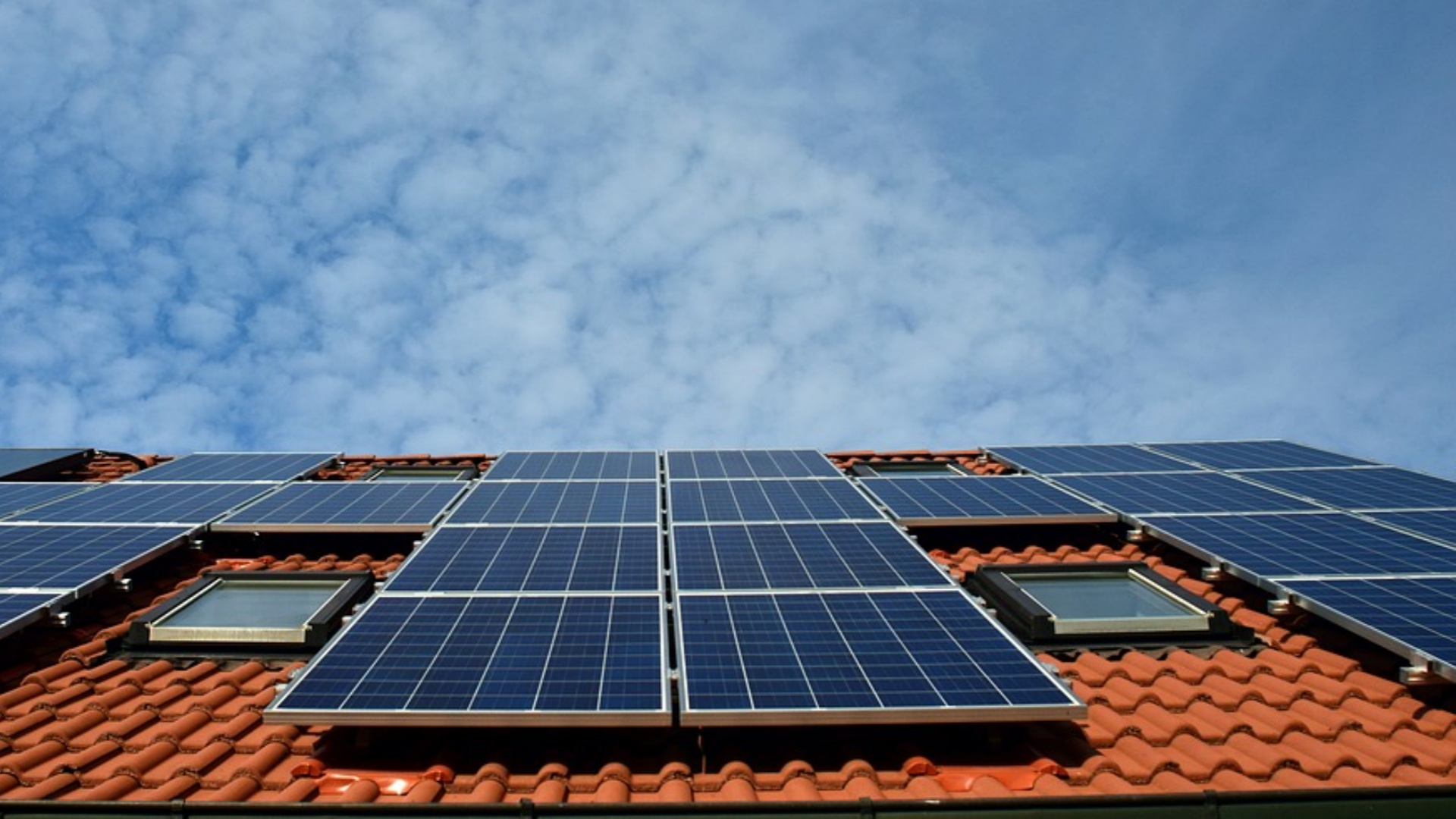- FNB has warned citizens and businesses to exercise caution when shopping for backup power solutions.
- While criminals use fake ecommerce websites to lure in targets, others are more brazen conducting site visits, providing quotations and even haggling.
- Buyers should exercise caution and remember that if something is too good to be true, it usually is.
Faced with rampant and unending power cuts, South Africans are increasingly turning to solar and other alternative power solutions.
As with most things however, scammers and ne’er-do-wells take advantage of South Africans that are desperate and potentially misinformed. Seemingly overnight South Africans had to become energy and electricity experts and the complexity can leave many lost without a paddle.
This presents an opportunity for scammers who leverage the complexity and desperation to lure well-meaning citizens and businesses into scams.
“Criminals are continuously taking advantage of the vulnerability of consumers, using every opportunity to do so,” explains Roshan Jelal from FNB Risks, pointing to these criminals leveraging ecommerce to scam locally.
“Purchasing online has become a way of life, and while it is convenient, it is also the breeding ground for criminals who create fake websites and social media accounts that purport to offer back-up and/or solar systems at massive discounts. Some of these pages even have fake reviews to boost their appeal,” says Jelal.
However, some criminals are more brazen and impersonate legitimate suppliers. These folks will go so far as to conduct inspections, draw up contracts and even negotiate on price. Most alarming are supply chain attacks where criminals intercept invoices and change the banking details before forwarding the fake invoice along.
Earlier this year, City of Tshwane warned residents of a fake contractor going around claiming to be part of a “Tshwane Solar Installation Drive”.
“The City does not have a solar project going on in Soshanguve and residents are cautioned not to fall for this scam. We also wish to warn those who are carrying out such corrupt acts that they will be arrested, charged and prosecuted, as their actions border on criminality,” the municipality said.
While it may be tempting to get a deal in the face of constant power cuts, South Africans have to be incredibly cautious not to be burned.
“Before you start working with a potential supplier, you must ask yourself whether you are dealing with a reputable supplier and if their services sound too good to be true compared to market-related prices, which is an immediate red flag. It’s also important not to dismiss your gut feelings and to consult experts to ensure that what you’re getting is what you require,” says Jelal.
This requires a bit of work on the consumer’s end. Before diving into a backup power solution one needs to do some research, especially as regards how different components are priced.
FNB also offers the following guidance for both consumers and businesses:
- Be cautious of highly sought-after products at significantly reduced prices.
- Conduct research, as this is one of the best methods to avoid becoming a victim.
- The source of your information about a supplier is just as important.
- Do your level best to authenticate and validate any potential supplier.
- Do not just rely on what you find online, use several channels to contact the supplier: business address, email address, and phone numbers.
- Avoid making hasty purchases while scanning social media platforms.
- Avoid making a purchasing decision based on the reviews posted, as these could be part of the scam.
When in doubt, be sure to ask friends, family and colleagues their opinion of a potential supplier before spending any sort of money or handing over financial information.
“Fraudsters are likely to always capitalise on one’s desperation, but they unwittingly leave clues about their true intent, which should trigger suspicion. While the market for alternative energy is on the rise, it is critical for consumers and businesses to ensure that they are dealing with reputable suppliers to avoid exposing themselves to fraudsters looking for a quick buck”, Jelal concludes.

